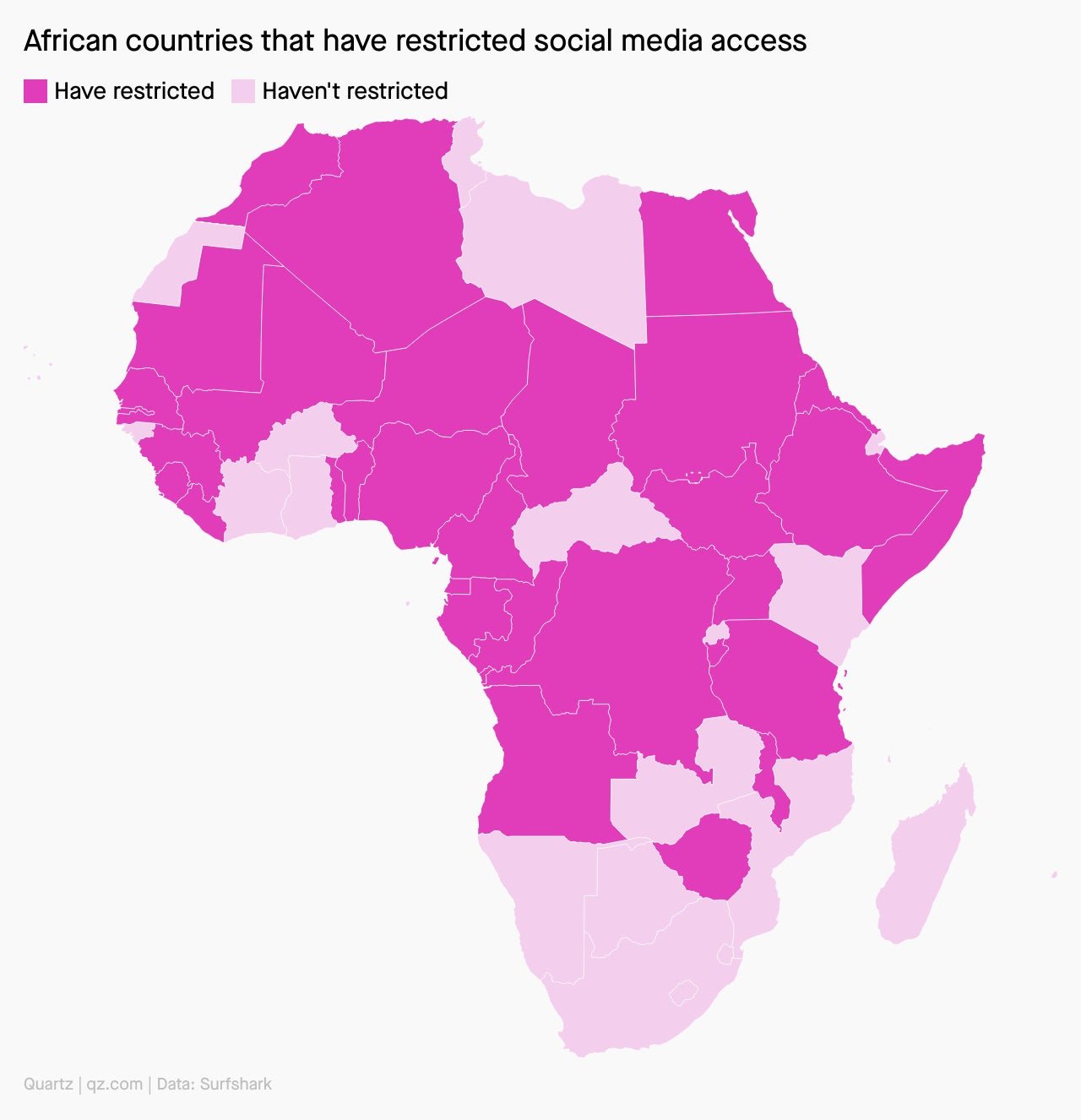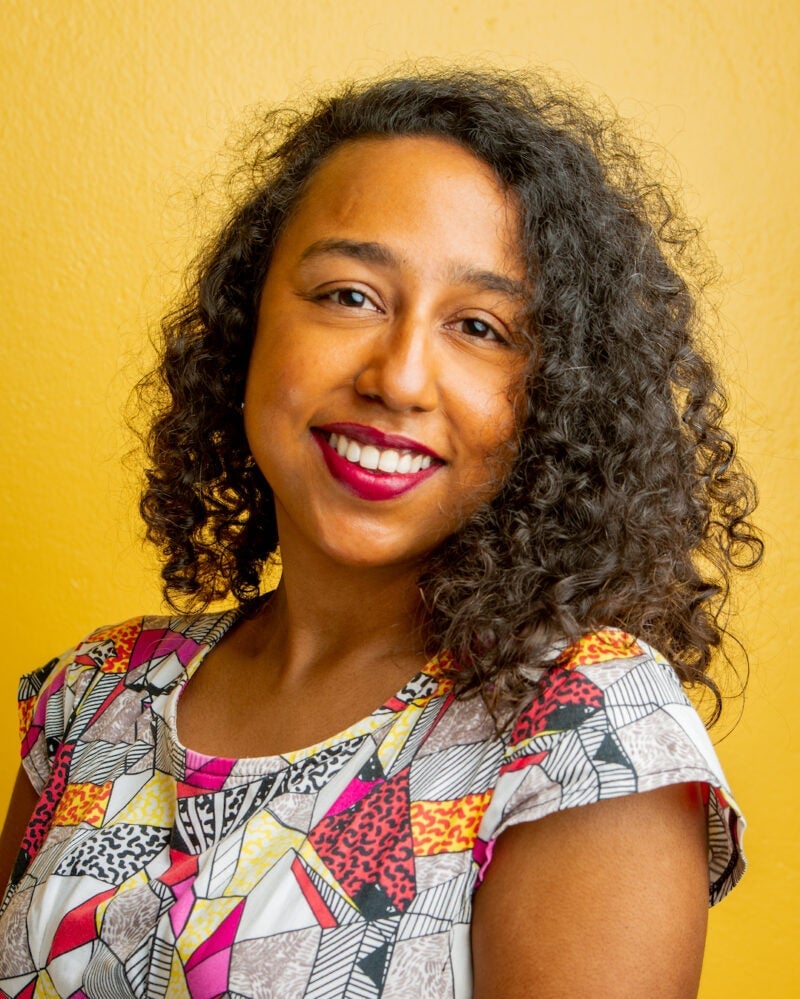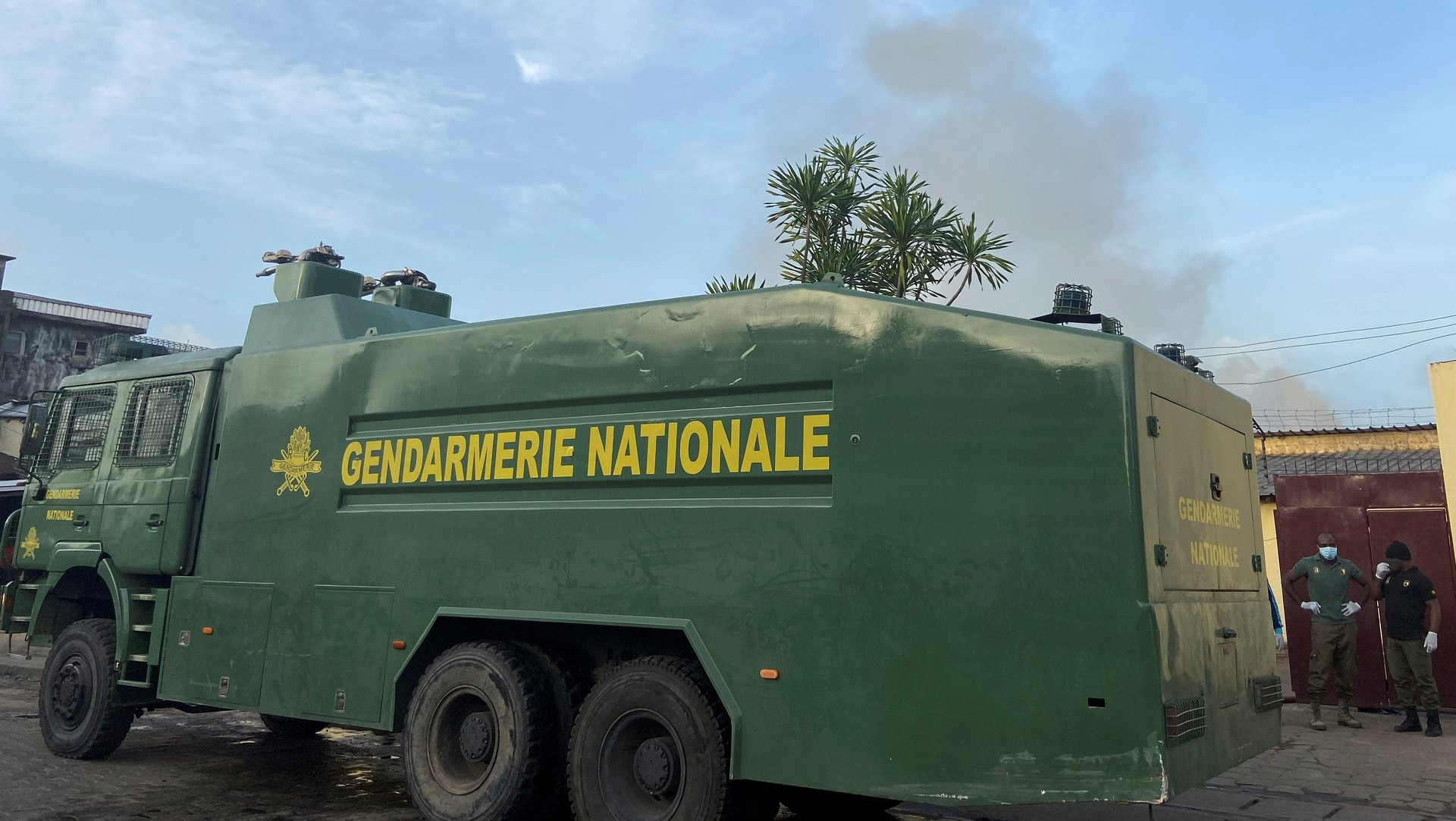Nigeria’s “Hushpuppi” on screen, Israel in the AU, visa-free travel
Hi Quartz Africa readers!


Hi Quartz Africa readers!
Ghanaians celebrated the news this week that they may soon be able to visit Abu Dhabi and Dubai without pre-registering for visas. But the agreement with the UAE for mutual visa-free travel was a reminder of how weak African passports remain.
At the moment, a Ghanaian passport holder can visit 64 countries without a visa, or by getting one on arrival. The most powerful African passports belong to citizens of the Seychelles and Mauritius, who can visit 152 and 146 countries respectively visa-free, according to 2021 rankings by Henley & Partners, a research firm that has tracked passports for over a decade. Yet even the two island nations are some distance away from Japan, whose passport holders can visit 193 destinations visa-free.
That said, the cheer in Ghana was warranted. The UAE has become a choice destination for African tourists and business executives with around 810,000 Africans visiting Dubai in 2019, compared to just under 10,000 in the mid-1980s. Around 21,000 Africa-focused companies have set up their bases in Dubai since 2017, according to the city’s Chamber of Commerce and Industry. Non-oil trade between the UAE and Africa surpassed $40 billion in the first nine months of 2020, exceeding 2019 figures, despite the pandemic. And in May, the Abu Dhabi Export Office signed a $30 million agreement that grants loans to importers in east and southern Africa.
Dubai has also consciously designed spaces to welcome Africans, who have to spend time and money on visa applications and renewals (in the UAE’s case, between $90 and $460) when required. Ghanaians eager to visit the Middle Eastern country are delighted that they can avoid the hassle. Hopefully, more countries will follow suit.—Alexander Onukwue, West Africa correspondent
Stories this week
A Nigerian fraudster becomes an action movie villain. Instagram conman Ramon Abass admitted to money laundering charges in a US court in July. Alexander Onukwue describes how a film immortalizing his escapades might appeal to Nigerian and international audiences.
Israel’s observer status in the AU gets a lukewarm reception. African Union member states are opposing the continental body’s granting of observer state status to Israel. Carlos Mureithi looks at Israel’s interest in the AU and why some African countries are protesting.
Scientists still haven’t cracked Africa’s biggest climate mystery Every continent is already experiencing the impacts of climate change, according to this week’s report from the Intergovernmental Panel on Climate Change. Tim McDonnell reports on what the group’s projections mean for Africa.
Uber expands in Africa. Moove, Uber’s exclusive vehicle finance partner in Africa, set out in 2019 to address the challenge for Africans of accessing car loans. Alexander Onukwue reports on the implications of Moove’s recent $23 million financing round, which it will devote to continental expansion, building on its current pilot in Nigeria, Ghana, and South Africa.
Skin lightening is a booming business in Kenya. Despite regulations banning substances found in many skin lightening products, the business still thrives in Kenya. Kang-Chun Cheng explores this overtly covert industry and the factors driving its growth.
Mapping restricted social media access
Carlos Mureithi unpacks a new report by the cybersecurity company Surfshark that says nearly half of all countries that have restricted social media access since 2015 are African, making the continent the least tolerant of social media globally.

Person of interest

Ugandan artist and technologist Neema Iyer is the founder of Pollicy, a Kampala-based civic technology organization, and a leading voice on issues of data governance, digital security, and women’s safety online. She spoke with Amy Fallon about “Digital safe-tea,” a new online game launched by Pollicy which aims to help women combat online violence.“The digital gender gap, lack of opportunities for women, patriarchy, misogyny, and cultural practices, [mean] women across Africa tend to have lower digital literacy skills,” says Iyer, “which makes them more susceptible for threats such as online violence, surveillance, and stalking.”
Dealmaker
Chekkit, a Nigerian anti-counterfeiting startup, has raised a $500,000 pre-seed funding round to expand its operations within the pharmaceutical and fast-moving consumer goods industries. The investment comes from Launch Africa, Japan Strategic Capital, Blockchain Founders Fund, two syndicate groups of angel investors, and a grant from the Orange Corners program. The startup works with brands such as Merck, Nabros Pharmaceutical, Indomie, and Nivea.
BYON8, a Swedish, Africa-focused health startup, has raised $1.5 million in seed funding. The investment was led by People Ventures, with participation from Jellyfish Invest, T&W Holding, and several angel investors. The startup will use the funding to accelerate its growth in emerging markets starting with Kenya, where it already has a strong presence.
Zowasel, a Nigerian agri-tech startup, has received $100,000 equity-free financing from Guinness Nigeria and Promasidor Nigeria at the UN World Food Program’s “Zero Hunger Sprint.” In a bid to end hunger by 2030, the initiative funds disruptive innovations whose operations are at the intersection of smallholder farmers, communities, people, and networks, for seamless and accessible agricultural trade.
Quartz Gems
Visualizing the IPCC report. The most important takeaways from the 4,000-page Intergovernmental Panel on Climate Change report released this week are easily summarized. Global warming is caused by human greenhouse gas emissions, and the impacts range from very bad to catastrophic.
While much of it is written in inscrutable scientific jargon, if you want to understand the scientific case for man-made global warming, look no further. We’ve reviewed the data, summarized the main points, and created an interactive graphic showing a “heat map” of scientists’ confidence in their conclusions. The terms describing statistical confidence range from very high confidence (a 9 out of 10 chance) to very low confidence (a 1 in 10 chance). Check out our full visualization.

Become a Quartz member—now 40% off using code QZEMAIL40—and subscribe to our new emails to make sure that you don’t miss stories like these.
Other things we liked
Harnessing kinetic energy from pedestrians and traffic. Nearly three-quarters of the Sierra Leone population struggles to get access to electricity, with local solutions inefficient, unfriendly to the environment, and sometimes even deadly. The BBC’s Isabelle Gerretsen reports on a device by a young local inventor that harnesses movement to bring clean energy to communities.
Sanctuary for orphaned elephants. Since 2016, the Samburu people, residents in the mountains of northern Kenya, have rescued and cared for young, vulnerable elephants. For the Guardian, Ami Vitale reports on the community’s approach, and its ultimate goal to help these orphans return to the wild.
The people versus the king. King Mswati III, Africa’s last absolute monarch, has continued to wreak havoc on pro-democracy protesters and other innocent citizens, including children and teens. New Frame reports on the impunity in vivid detail as the international community looks on.
Restoring Sudan’s glorious railways. British colonialists who invaded Sudan a century ago left behind what would become Africa’s third largest railway network, but large parts have fallen into disrepair. The Telegraph’s Will Brown and Simon Townsley examine a half-billion pound plan to revamp the network to its former glory.
A tragedy in Cardiff retold. In 1952, a young Somali man who worked in the Merchant Navy in Cardiff, Wales was sent to the gallows for a murder that he did not commit. Neil Prior reports for the BBC on the new novel by Booker Prize long-listed British-Somali novelist Nadifa Mohamed that relates the somber tale of Cardiff’s last prison hanging.
Keep an eye on

An influential tech figure was mysteriously arrested in Cameroon. Rebecca Enonchong, a noted tech entrepreneur and investor, announced she had been freed on Friday, after being arrested on Aug. 10 on a curious contempt of court complaint by the country’s attorney general. The literally warrantless arrest fueled fears that it is an attempt to silence voices against oppression in Cameroon, which has a long list of arbitrary citizen arrests. Adding the influential Enonchong to the list sparked outrage within Africa’s tech community, Alexander Onukwue reports.
Zambia takes to the polls. Zambia went to the polls on Aug. 12, against the backdrop of piling debt and a failing economy, and as the first African country to default on its sovereign debt during the Covid-19 pandemic. Election campaigning has favored the incumbent president Edgar Lungu, who has been able to traverse the country under the guise of inspecting development projects. His opponent, Hakainde Hichilema, who he faces for a third time, has had to adhere to lockdown measures and restrictions against gatherings.
Cape Verde launches the continent’s first floating creative hub. On Aug. 14, Cape Verde begins a 3-day launch event for the Mansa Floating Hub, an iconic meeting place for creatives, built on water in the beautiful ocean bay of Mindelo, on São Vicente Island in Cape Verde. Designed and built by Kunlé Adeyemi, the Nigerian architect who built the Makoko Floating School, the hub aims to, “attract influential creators and industrialists to the diaspora and across the African continent for collaboration, knowledge sharing, and economic development.”
🎵 This brief was produced while listening to “Sangue de Beirona” by Cesária Evora (Cape Verde)
Our best wishes for a productive and ideas-filled week ahead. Please send any news, comments, suggestions, ideas, Uber cash, and action movie stunts to [email protected]. You can follow us on Twitter at @qzafrica for updates throughout the day.
If you received this email from a friend or colleague, you can sign up here to receive the Quartz Africa Weekly Brief in your inbox every week. You can also follow Quartz Africa on Facebook.